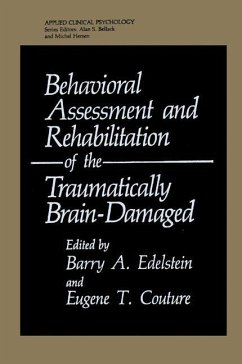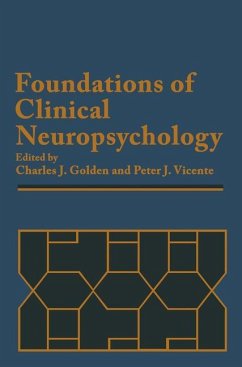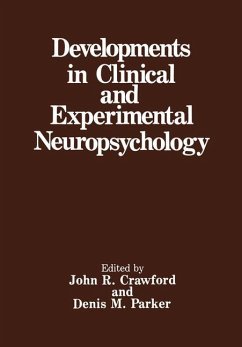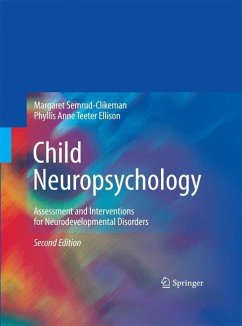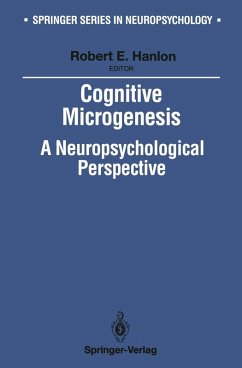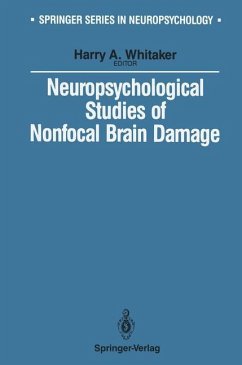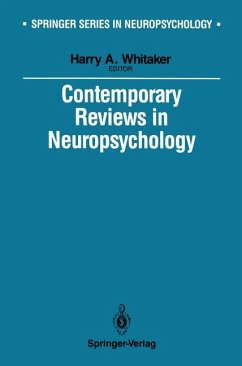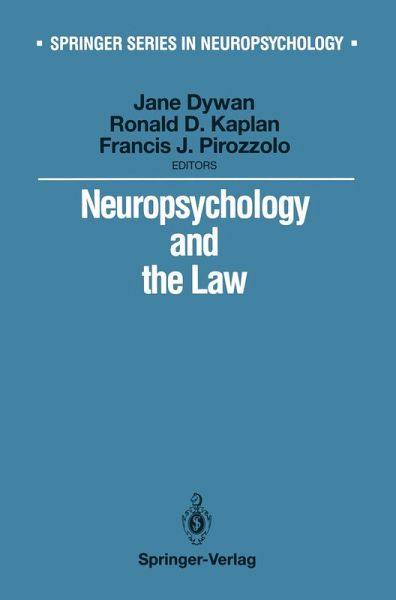
Neuropsychology and the Law

PAYBACK Punkte
20 °P sammeln!
We have had a number of interesting cases come to our attention over the years. The following are illustrative of some of the issues that can emerge at the interface between neuropsychology and the law. The first involved a patient suffering from a debilitating fear of heights. The fear seemed a reasonable consequence of the fact that he had been a passenger on a plane that crashed while attempting take off. Given that many of the passengers and crew died or were seriously injured, this man was quite fortunate. In fact, he could be said to have lived a charmed life. It had been just a year sin...
We have had a number of interesting cases come to our attention over the years. The following are illustrative of some of the issues that can emerge at the interface between neuropsychology and the law. The first involved a patient suffering from a debilitating fear of heights. The fear seemed a reasonable consequence of the fact that he had been a passenger on a plane that crashed while attempting take off. Given that many of the passengers and crew died or were seriously injured, this man was quite fortunate. In fact, he could be said to have lived a charmed life. It had been just a year since he had been involved in an industrial accident in which he could have easily died. He came away from that accident with injuries to his legs and a concussion. That accident had also involved him falling from a considerable height so that there was some discussion among clinic staff about how well the patient's circumstances and symptoms fit the diagnostic category of "posttraumatic stressdisorder. " Supportive psychotherapy was used as an aid in dealing with his re curring memories of the plane crash and systematic desensitization was quite successful in reducing the most disruptive consequences of his fear of heights. However, during the course of treatment, it became apparent that there were a number of problems that had not been addressed.





